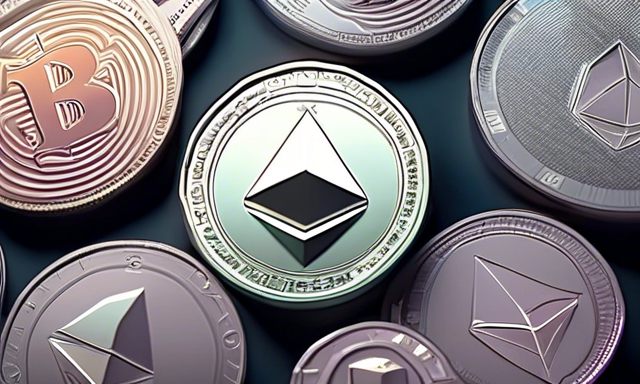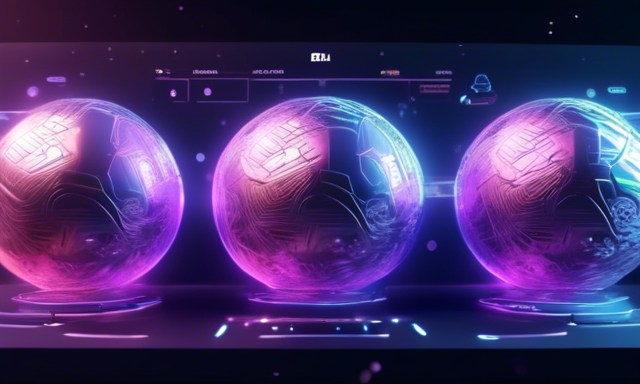Challenges Facing Ethereum’s Ultra-Sound Money Narrative 🚀
Ethereum (ETH), often referred to as ultra-sound money due to its deflationary supply method, is now encountering fresh challenges that raise doubts about this narrative.
- Thor Hartvigsen, a prominent crypto analyst, recently shed light on these challenges in an in-depth post on X.
- He delved into the current state of Ethereum’s fee generation and supply dynamics, pointing to some concerning trends.
ETH: Still Ultra-Sound Money or Not? 🤔
Hartvigsen highlighted that August 2024 is shaping up to be the worst month in terms of fees generated on the Ethereum mainnet since early 2020. This decline can be largely attributed to the introduction of blobs in March, enabling Layer 2 (L2) solutions to avoid significant fees to Ethereum and ETH holders.
- This shift has led to a migration of activity from the mainnet to L2 solutions, where most of the value is now captured at the execution layer by the L2s themselves.
- As a result, Ethereum has transitioned to a net inflationary state, with an annual inflation rate of about 0.7%, indicating that the issuance of new ETH currently surpasses the amount burned through transaction fees.
According to Hartvigsen, the impact of this shift varies for Non-Stakers and Stakers:
- Non-stakers, who mainly benefit from Ethereum’s burn mechanism, are now seeing reduced benefits due to decreased base fee generation and low blob fees.
- On the other hand, Stakers capture all fees, either through burning or staking yield, mitigating the inflationary effects of ETH emissions for them.
Despite this, the fees flowing to stakers have declined significantly by over 90% since earlier this year, raising concerns about the sustainability of Ethereum’s ultra-sound money narrative.
Future Outlook for Ethereum 🌟
Given the current trends, Ethereum’s ultra-sound money narrative may no longer hold the same appeal as before. With decreasing fees and inflation slightly outpacing burns, Ethereum is now being compared to other Layer 1 (L1) blockchains like Solana and Avalanche, which face similar inflationary pressures.
- Hartvigsen emphasizes that while Ethereum’s current net inflation rate of 0.7% per year is lower than other L1s, the diminishing profitability of infrastructure layers like Ethereum may require a revised approach to uphold the network’s value proposition.
One potential solution discussed by the analyst is raising the fees that L2s pay to Ethereum, albeit with possible competitive challenges. In conclusion, Hartvigsen points out the need for infra-layers, including Ethereum, to find alternative ways to be valued in the evolving landscape.
Hot Take: Ethereum’s Changing Dynamics 🔥
Ethereum (ETH), known for its deflationary supply model and ultra-sound money designation, is now navigating a shifting terrain that challenges these long-held perceptions. As the ecosystem evolves, analysts like Thor Hartvigsen are questioning whether Ethereum’s narrative can withstand the changing dynamics and pressures it currently faces. Stay tuned for more insights and updates on Ethereum’s journey in the ever-changing crypto landscape.





 By
By
 By
By
 By
By
 By
By
